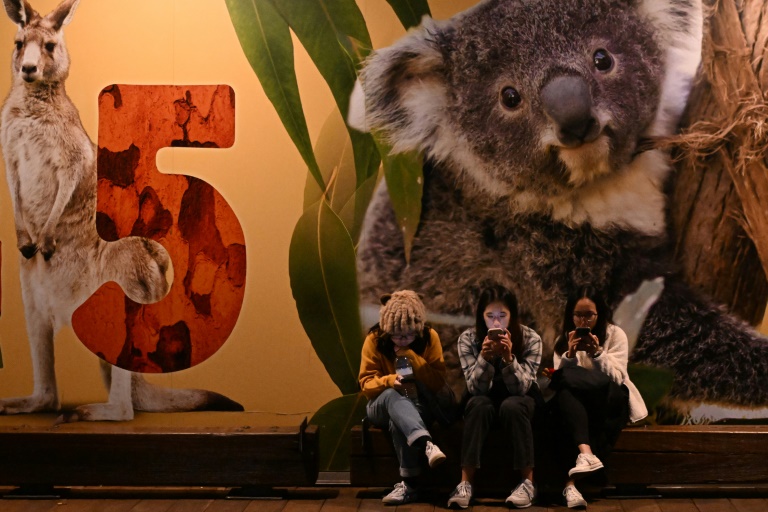Australia Proposes Stricter Age Limits for Social Media and Video Game Access
In a bid to protect children and teenagers from the potential harms of social media and video games, Australian Prime Minister Anthony Albanese has introduced a new law that would impose a minimum age for accessing these platforms. While the specific age limit remains undisclosed, the bill has ignited intense debate and raised concerns about the impact on young people.

The Proposed Legislation
Albanese acknowledges that the proposed law won’t shield all children from the potential negative effects of social media and video games, but he emphasizes the importance of taking proactive measures to safeguard their well-being. The government believes that by setting a minimum age requirement, it can provide a degree of protection for vulnerable individuals.
The Debate Over Minimum Age
The introduction of the bill has sparked discussions about the appropriate minimum age for social media and video game access. Some argue that a minimum age of 14 would be sufficient, while others believe that 16 is a more suitable threshold. The debate highlights the complexities and challenges associated with determining the optimal age for exposure to these digital platforms.
Concerns and Controversies
The proposed legislation has not been without controversy. Critics argue that it may infringe upon the rights of young people and limit their access to valuable resources and opportunities. Additionally, there are concerns about the effectiveness of age verification mechanisms and the potential for circumvention by underage users.
The Impact on Children and Teenagers
Research has consistently shown that excessive social media use can have detrimental effects on children and teenagers, including:
- Mental health issues: Increased rates of depression, anxiety, and low self-esteem.
- Sleep disturbances: Disrupted sleep patterns and difficulty falling asleep.
- Cyberbullying: Exposure to online harassment and abuse.
- Social isolation: Reduced face-to-face interactions and a sense of loneliness.
- FOMO: Fear of missing out on social activities and events.
The Role of Digital Platforms
The Australian government believes that digital platform owners and social media companies have a responsibility to implement robust age verification mechanisms and parental controls. By ensuring compliance with the proposed law, these platforms can help to protect children and teenagers from harmful content and online predators.
The introduction of a minimum age for social media and video game access in Australia represents a significant step towards safeguarding the well-being of young people. While the specific age limit remains to be determined, the proposed legislation has ignited important discussions about the potential benefits and drawbacks of such restrictions. As technology continues to evolve, it is essential for governments, parents, and digital platforms to work together to create a safe and healthy online environment for children and teenagers.




